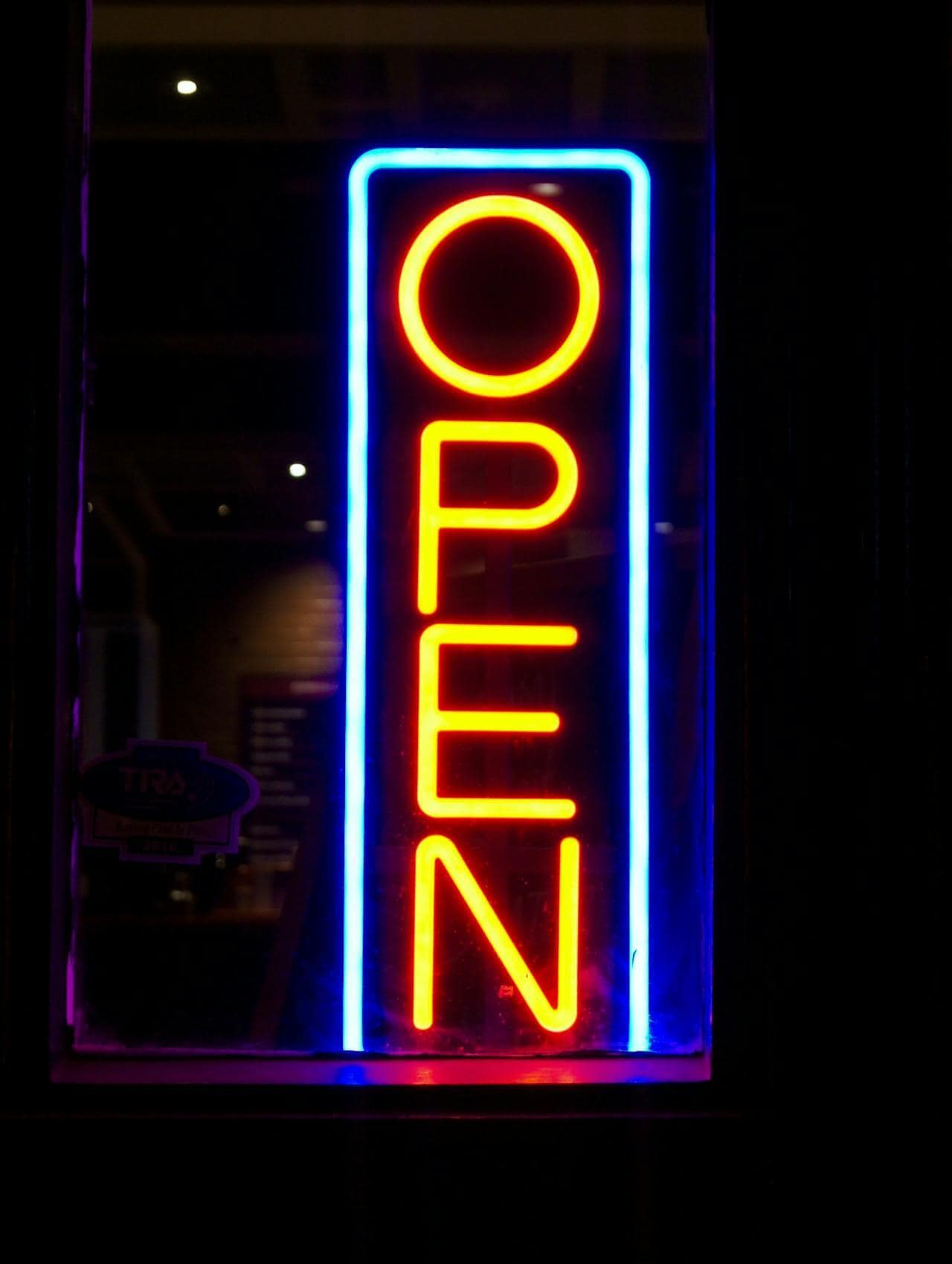There’s no better medicine than laughter, right? While we may think of stand-up comedy as a modern invention – and in some current forms, it is – the history of international standup comedy shows us that our long-gone ancestors and forefathers actually enjoyed a good giggle as much as we do now. From Ancient Greece to Ancient Rome, the roots of stand-up comedy go back to a time before Netflix, TikTok, and The Apollo Theatre existed.
And from its earliest forms to today’s global comedy scene, the art form of performed comedy hasn’t stopped evolving, reflecting changes in culture, society, humour, and even technology. So what’s the story of standup? In the following guide, we’re going to take a closer look at the origins, growth, and current state of international stand-up comedy, from Europe and the Americas to the Far-East and beyond. Let’s dive in!
Origins of Stand-Up Comedy
The roots of stand-up comedy can be traced back to the comedic storytellers of ancient civilisations: in places like ancient Greece and feudal Japan, jesters and comedic poets were not just entertainers but also social commentators, with their humour often carrying undercurrents of satire and critique – a bit like how we might see observe some stand-up comedians use their platform to do the same today.
Early Pioneers
It was in the 19th century that stand-up comedy as we know it began to take shape, most notably with the beginning of Vaudeville in the United States: Vaudeville was a form of live performance theatre, which often included quick sketches, audience interaction and musical performances; unlike Burlesque, Vaudeville was typically family-friendly, but did begin to decline in the 1920s due to the invention of the radio.
Notable Vaudeville performers included Tom Fletcher, Jackie Gleason, Sid Caesar, Lucille Ball and Mark Twain; these early pioneers helped bridge the gap between traditional theatrical comedy and what would become stand-up.
American Stand-Up Comedy
While the roots of standup took place the century before, the 20th century was when American stand-up comedy really came into its own. The mid-to-late 20th century was a period marked by the emergence of comedy clubs and television shows dedicated to comedy, with icons like Lenny Bruce and George Carlin pushing boundaries with their edgy and often controversial material, while comedians like Jerry Seinfield, Bill Burr and Joan Rivers relied on storytelling gags. It’s also significant to note that many African-American comedians also made their names during this new era, with Chris Rock, Eddie Murphy and Dave Chappelle all becoming household names in comedy.
Given that some original Vaudeville comedy was often cited as racist due to its reliance on racist stereotypes (as well as blackface), this new diverse lineup reflected the social and cultural changes occurring in America in the post-Civil-Rights era.
British Comedy Tradition
Meanwhile across the Atlantic, the British comedy tradition was carving its own niche in the 20th century. While similar to US comedy in some respects, early British stand-up often leaned more towards the absurd and the surreal, with comedy greats like Tommy Cooper blending humorous slapstick with magic, and the late Rik Myall performing satire and varied personas both onscreen and onstage.
In the 90s and 2000s, comedians like Ricky Gervais and Russell Brand became household names, and this crop of comics for the new millennia were often known for pushing boundaries, courting controversy with each belly-laugh.
In the 2010s, British comedy was dominated by observational talents of comedians like Michael McIntyre, Rhod Gilbert, and Lee Evans, who would not just dominate open mics but go on to sell out nationwide tours up and down the country.
And with the launch of Saturday night television shows like Live At The Apollo, the tradition of comedy nights in London became a staple of British entertainment – even for those watching at home.
Stand-Up Comedy Today
Today, international stand-up comedy is more diverse and accessible than ever, and the rise of the internet and streaming services has allowed comedians from all corners of the globe to share their humour with audiences all over the world. From the observational comedy of Trevor Noah to the societal critiques of Hannah Gadsby, modern stand-ups aren’t just entertainers, but also powerful voices in cultural and political discourse.
The role of the stand up performance has also notably changed; rather than work the gruelling comedy circuit all year round, many comedians now opt to perform one or two single specials in front of a live audience, which is then diffused on streaming sites such as Netflix. To give you one recent example, American comedian Dave Chappelle was paid $20 million (around £16 million) by Netflix for the rights to host his three stand-up specials exclusively on the streaming platform. With so much potential earning power in the world of comedy, it’s certainly not an art form that appears to be declining any time soon!



